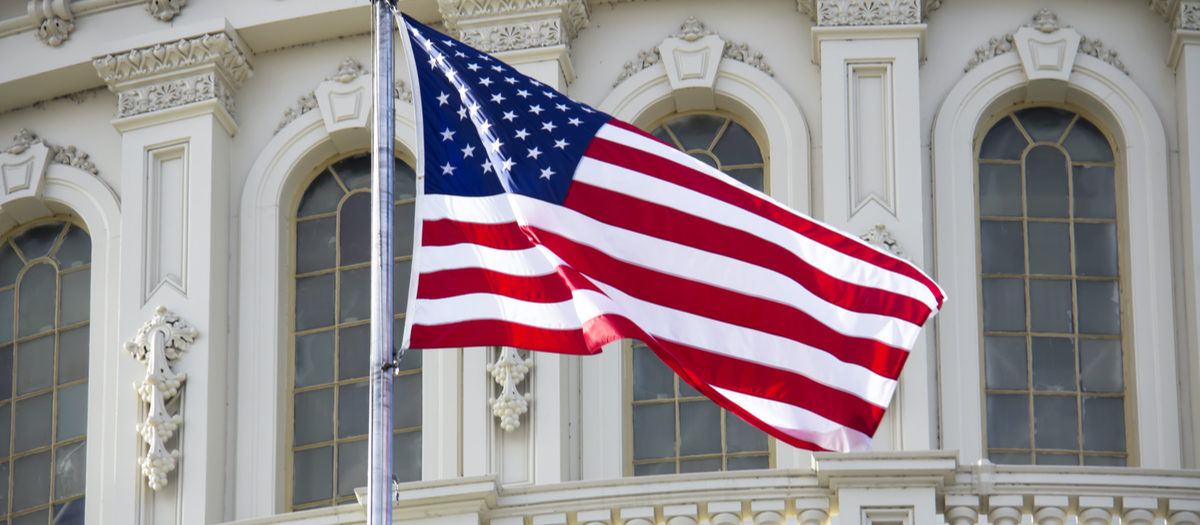
Regularly Conducted Activity/Business Record Exception in DC
The regularly conducted activity (also known as “business record”) exception to the hearsay rule is based on the assumption that regularly kept records tend to be reliable. As McCormick on Evidence § 286 puts it, “the regularity and continuity of the records are calculated to train the recordkeeper in habits of precision; if of a financial nature, the records are periodically checked by balance-striking and audits; and, in actual experience, the entire business of the nation and many other activities function in reliance upon records of this kind.”
The exception in D.C. is codified in D.C. Superior Court Rule of Civil Procedure 43-I, as applied to criminal cases through D.C. Superior Court Rule of Criminal Procedure 57(a).
The party seeking the admission of evidence under this exception must demonstrate that:
- the record was made at or near the time by — or from information transmitted by — someone with knowledge;
- the record was kept in the course of a regularly conducted activity of a business, organization, occupation, or calling, whether or not for profit;
- making the record was a regular practice of that activity; and
- the opposing party does not show that the source of information or the method or circumstances of preparation indicate a lack of trustworthiness.
As amended by the Business Records Efficiency Act of 2022, D.C. Law 24-261, this rule no longer requires the in-person testimony of the so-called “custodian of record” for the evidence. Instead, the original or copy of the record is admissible through the certification of a custodian or other qualified person. The party offering the evidence must provide the adverse party with “reasonable written notice” of the intent to introduce the document along with an opportunity to inspect it in advance.
The certification is a written declaration made under oath and subject to the penalty of perjury. The document does not need to be notarized.
A “qualified person” is defined as a “person who would be able to establish the authenticity of the record if called as a witness at trial.
The proponent of the evidence must prove that “the maker of the records had personal knowledge of the facts set forth in that record or, if not, that the facts were communicated to the maker, directly or indirectly, by one who was acting in the regular course of business and who had such personal knowledge. In re D.M.C., 503 A.2d 1280, 1282-83 (D.C. 1986).
The term “business” means “business, profession, occupation, and calling of every kind.” Super. Ct. Civ. R., 43-I(a). It can also be a non-profit organization. Records particularly applicable to criminal cases include probation/parole reports, medical/hospital records, drug tests, Drug Enforcement Agency (DEA) reports, pre-trial services reports, and business appointment calendars.
Reports prepared in anticipation of litigation would not be admitted under this exception. In Palmer v. Hoffman, 318 U.S. 109 (1943), the engineer of a train involved in an accident prepared a report providing his account of events. The court concluded that, unlike “payrolls, accounts receivable, accounts payable, bills of lading and the like, these reports are calculated for use essentially in the court, not in the business. Their primary use is in litigating, not in railroading.”
